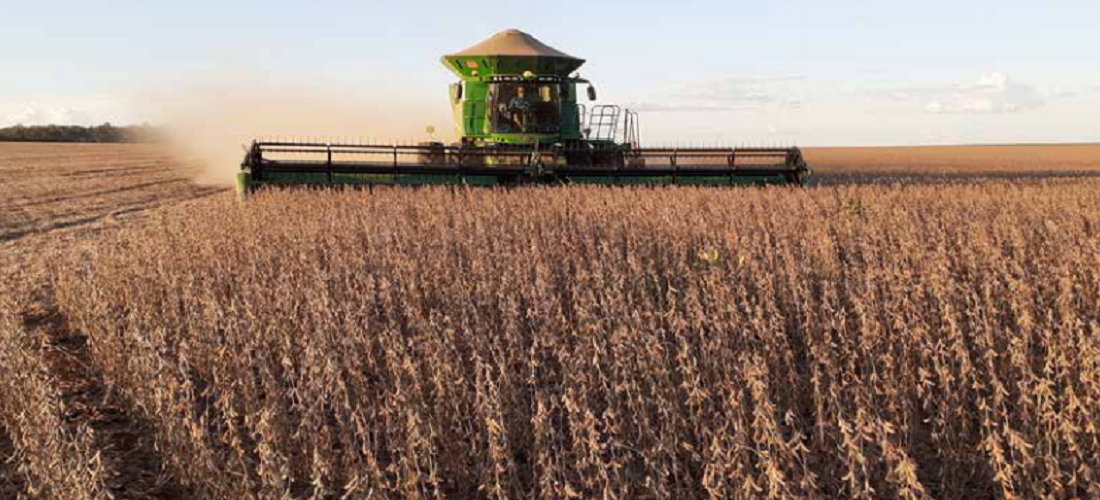
New inspection rules for imported agricultural products
Sep, 22, 2020 Posted by Ruth HollardWeek 202039
Beginning October 1st, companies wishing to gain approval by the Ministry of Agriculture and Food Supplies (MAPA) for import operations involving products classified in the Common Mercosur Nomenclatures (NCMs) may use the License, Permission, Certification, and Others (LPCO) model for importing products of agricultural interest (I00004) on the Sole Foreign Trade Portal. The list of products subject to LPCO registration on the portal is available in the Appendix of Normative Instruction No. 91, published in the Federal Register on Tuesday, September 22.
The change in import processing, through an Import License (LI) and an LPCO, is an intermediate step to the future implementation of the new import process (NPI) in the Sole Portal and will not yet use the Sole Import Declaration (DUIMP). The change in the process will allow MAPA to grant users some of the benefits already evidenced by the integration between the SIGVIG 3 and Sole Portal platforms, such as the end of user registrations at Vigiagro, application of risk management, and reduced time in the release of operations considered low risk.
The information that was previously processed redundantly in multiple federal government systems is now presented in one single environment, also contributing to the work of the Federal Agricultural Auditors, who will work with one single database. Thus, importers have reduced their workload and lowered the risk of errors in filling out forms, which ensures increased efficiency and speed in releasing cargo.
The use of the new system will also allow for better risk management. Imports considered to be of lower risk may be released automatically. Imports considered to be of intermediate risk may be exempted from physical inspections, and the inspection will be carried out based on the documentation. The focus of sanitary inspection can then be concentrated on cargoes that represent a high risk to consumers and Brazilian agriculture. Thus, there is greater agility for the operations of the vast majority that work with low-risk cargo and have a good record of compliance with animal or plant health standards.
This e-government initiative will centralize the entire exchange of information between the government and the private sector in a single tool available electronically. Procedures and systems will gradually be replaced by a new import process managed by an electronic tool in compliance with the World Trade Organization (WTO) Agreement on Trade Facilitation and adhering to the best international standards in the area.
For the other NCM codes that require intervention by MAPA for the purposes of import consent, there will be a progressive expansion so that the same system is adopted.
A guide was made available by the Ministry of Agriculture to assist importers. To view, click here https://www.gov.br/agricultura/pt-br/assuntos/vigilancia-agropecuaria/informativos/manual-de-lpco-importacao
-
Grains
Jan, 13, 2022
0
China intends to raise soybean crop yield by 40% by 2025 to reduce importations
-
Ores
Feb, 15, 2022
0
Brazilian iron ore: export volume and prices fell until the 2nd week of February
-
Ports and Terminals
Oct, 06, 2021
0
Port of Salvador now has REDEX
-
Ports and Terminals
Aug, 24, 2022
0
CTIL Logística wins 1st stage to become Itajaí’s new lessee



